The Department of Agriculture, Food and the Marine circulated a text to farmers on 30 June, which read: “Requirements for animals imported from non-EU countries (eg Great Britain) apply from 1 July. Contact RVO for information.”
The message has raised plenty of follow-on questions, particularly from pedigree breeders. The reasoning for the message is that a significant number of animals are imported live each year from Britain. These imports now have to abide by rules governing the importation of animals from ‘third countries’, with Britain regarded as a third country in terms of trade since it exited the European Union.
The Department of Agriculture has provided further information to the Irish Farmers Journal, which will help to bring breeders up to speed on what it means for imports.
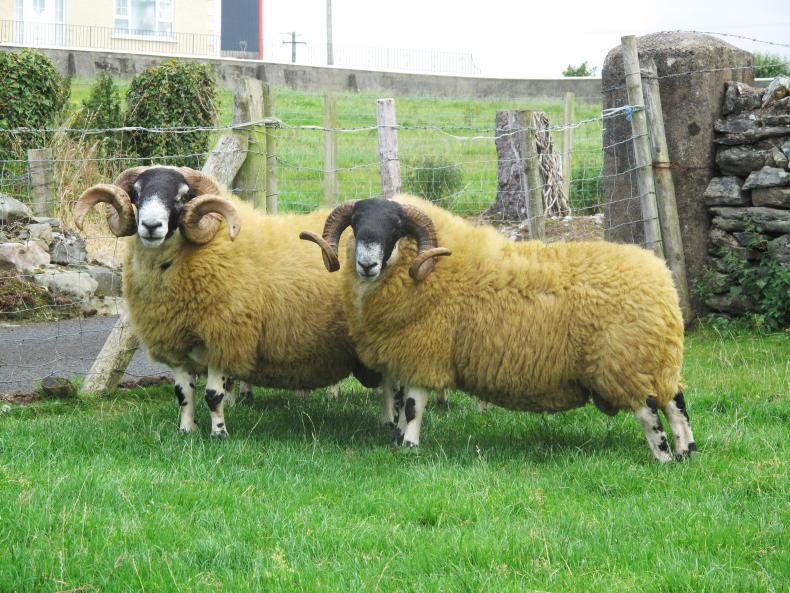
New rules regarding sheep imports from third countries came in to place on 1 July 2023. \ Philip Doyle
In its simplest form, the importation of animals from a third country will restrict movements of the flock, herd, etc, for at least 30 days following the import.
This is documented in detail below. It is also worth pointing out at the outset that the conditions governing the entry of ovine (sheep) animals also applies to bovine, caprine (goat), camelid (camels), cervid (deer) and porcine (pigs) animals. It does not apply in Ireland to registered equine animals or pet animals, such as canines (dogs) and felines (cats).
Third countries
There are three conditions governing the importation of animals from non-EU countries, which are as follows:
the animals come from a listed third country, as listed in Regulation (EU) 2021/404;are certified by the competent authority of the third country of export to comply with the general and specific animal health requirements for each species;are accompanied by the relevant animal health certificate issued by an official veterinarian of the third country of export and any other declaration or documents, where required.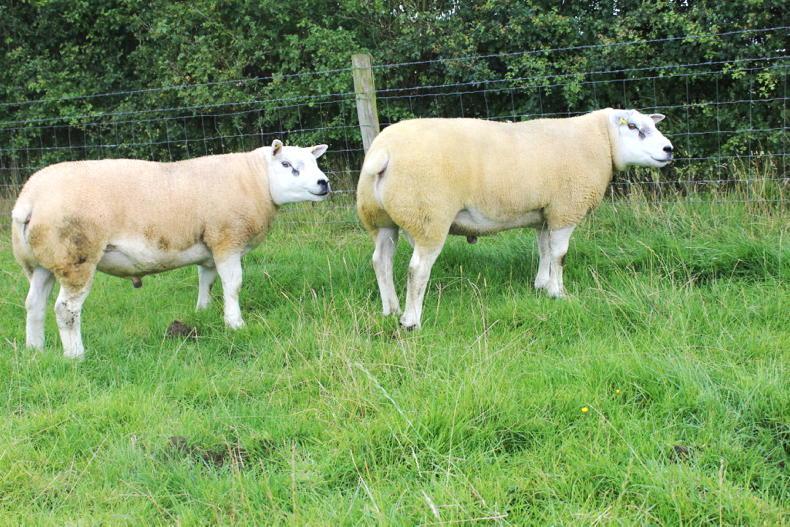
New rules regarding sheep imports from third countries came in to place on 1 July 2023. \ Philip Doyle
Import requirements
The rules relating to the animal species above, essentially lay down requirements for the isolation and quarantine of animals imported from a third country.
The Department states: “Once an operator moves an animal into their herd from a third country, their herd will be restricted for a period of 30 days. The legislation will make it an offence to move any animal out of the farm during the 30-day restriction period, except to slaughter, or to a knackery.”
The above restrictions do not apply “to the movement of animals moved into the herd from another establishment in Ireland (including Northern Ireland), or from another EU Member State”.
The Department explains that these rules are designed to “ensure that intra-community trade in bovine, ovine, caprine, camelid, cervid and porcine animals can continue by preventing indirect contact at places such as marts, shows and assembly centres, with animals sold from an importing farm”.
The rules are governed by Statutory Instrument (S.I.) 784 of 2021 (as amended by S.I. 259 of 2023). The restriction status of the farm importing the animals went live on the Animal Identification and Movement (AIM) and Animal Health Computer System (AHCS) on 1 July, the same date that inspections and checks to ensure compliance with the legislation began.
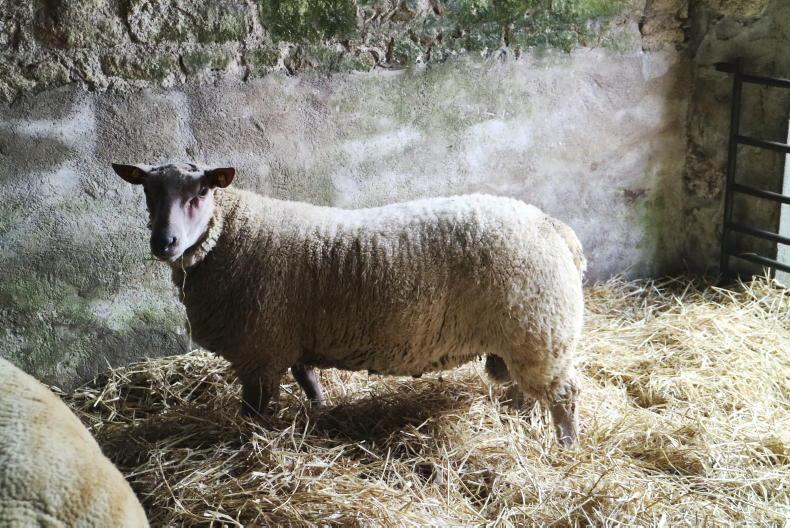
New rules regarding sheep imports from third countries came in to place on 1 July 2023. \ Philip Doyle
NI movements
The rules surrounding sheep moving to and from farms in Northern Ireland are set out in the Official EU Model Health Certificates for trade in breeding and production sheep and sheep destined for slaughter.
These rules state that “a 30-day residency period prior to the departure of the consignment, or since birth if they are younger than 30 days of age, is a requirement for sheep traded for breeding and production. There is no residency requirement for sheep consigned directly to slaughter”.
Sheep exports to Britain
In terms of sheep exported to Britain for breeding and production, the Department advises that these animals must “be dispatched directly from their holding of origin without passing through any market, either directly to Britain or to an officially authorised assembly centre. In line with this requirement, sheep may not be exported immediately from a mart sale”.
Sheep for breeding and production must also “have undergone either a 40- or 60-day residency (in the case of uncastrated rams) prior to export. There is no residency requirement for sheep exported directly to slaughter”.
Rules in short
Where sheep are imported from a third country (including Britain), movements on the farm will be restricted for at least 30 days. A 30-day residency period prior to the departure of animals (or since birth if animals less than 30 days) must be followed for sheep classified as breeding and production, and moving to and from Northern Ireland.Sheep exported to Britain for breeding and production must satisfy a 40-day residency for females/castrates and 60-day residency for rams, prior to export.
The Department of Agriculture, Food and the Marine circulated a text to farmers on 30 June, which read: “Requirements for animals imported from non-EU countries (eg Great Britain) apply from 1 July. Contact RVO for information.”
The message has raised plenty of follow-on questions, particularly from pedigree breeders. The reasoning for the message is that a significant number of animals are imported live each year from Britain. These imports now have to abide by rules governing the importation of animals from ‘third countries’, with Britain regarded as a third country in terms of trade since it exited the European Union.
The Department of Agriculture has provided further information to the Irish Farmers Journal, which will help to bring breeders up to speed on what it means for imports.

New rules regarding sheep imports from third countries came in to place on 1 July 2023. \ Philip Doyle
In its simplest form, the importation of animals from a third country will restrict movements of the flock, herd, etc, for at least 30 days following the import.
This is documented in detail below. It is also worth pointing out at the outset that the conditions governing the entry of ovine (sheep) animals also applies to bovine, caprine (goat), camelid (camels), cervid (deer) and porcine (pigs) animals. It does not apply in Ireland to registered equine animals or pet animals, such as canines (dogs) and felines (cats).
Third countries
There are three conditions governing the importation of animals from non-EU countries, which are as follows:
the animals come from a listed third country, as listed in Regulation (EU) 2021/404;are certified by the competent authority of the third country of export to comply with the general and specific animal health requirements for each species;are accompanied by the relevant animal health certificate issued by an official veterinarian of the third country of export and any other declaration or documents, where required.
New rules regarding sheep imports from third countries came in to place on 1 July 2023. \ Philip Doyle
Import requirements
The rules relating to the animal species above, essentially lay down requirements for the isolation and quarantine of animals imported from a third country.
The Department states: “Once an operator moves an animal into their herd from a third country, their herd will be restricted for a period of 30 days. The legislation will make it an offence to move any animal out of the farm during the 30-day restriction period, except to slaughter, or to a knackery.”
The above restrictions do not apply “to the movement of animals moved into the herd from another establishment in Ireland (including Northern Ireland), or from another EU Member State”.
The Department explains that these rules are designed to “ensure that intra-community trade in bovine, ovine, caprine, camelid, cervid and porcine animals can continue by preventing indirect contact at places such as marts, shows and assembly centres, with animals sold from an importing farm”.
The rules are governed by Statutory Instrument (S.I.) 784 of 2021 (as amended by S.I. 259 of 2023). The restriction status of the farm importing the animals went live on the Animal Identification and Movement (AIM) and Animal Health Computer System (AHCS) on 1 July, the same date that inspections and checks to ensure compliance with the legislation began.

New rules regarding sheep imports from third countries came in to place on 1 July 2023. \ Philip Doyle
NI movements
The rules surrounding sheep moving to and from farms in Northern Ireland are set out in the Official EU Model Health Certificates for trade in breeding and production sheep and sheep destined for slaughter.
These rules state that “a 30-day residency period prior to the departure of the consignment, or since birth if they are younger than 30 days of age, is a requirement for sheep traded for breeding and production. There is no residency requirement for sheep consigned directly to slaughter”.
Sheep exports to Britain
In terms of sheep exported to Britain for breeding and production, the Department advises that these animals must “be dispatched directly from their holding of origin without passing through any market, either directly to Britain or to an officially authorised assembly centre. In line with this requirement, sheep may not be exported immediately from a mart sale”.
Sheep for breeding and production must also “have undergone either a 40- or 60-day residency (in the case of uncastrated rams) prior to export. There is no residency requirement for sheep exported directly to slaughter”.
Rules in short
Where sheep are imported from a third country (including Britain), movements on the farm will be restricted for at least 30 days. A 30-day residency period prior to the departure of animals (or since birth if animals less than 30 days) must be followed for sheep classified as breeding and production, and moving to and from Northern Ireland.Sheep exported to Britain for breeding and production must satisfy a 40-day residency for females/castrates and 60-day residency for rams, prior to export. 






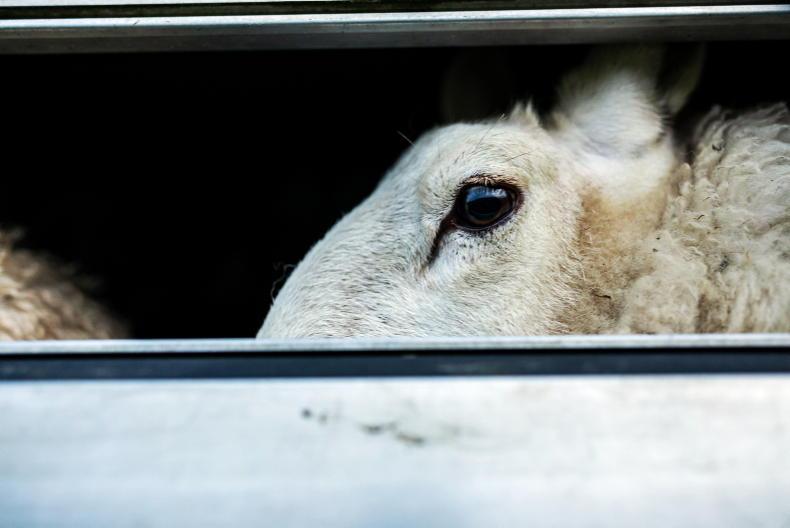
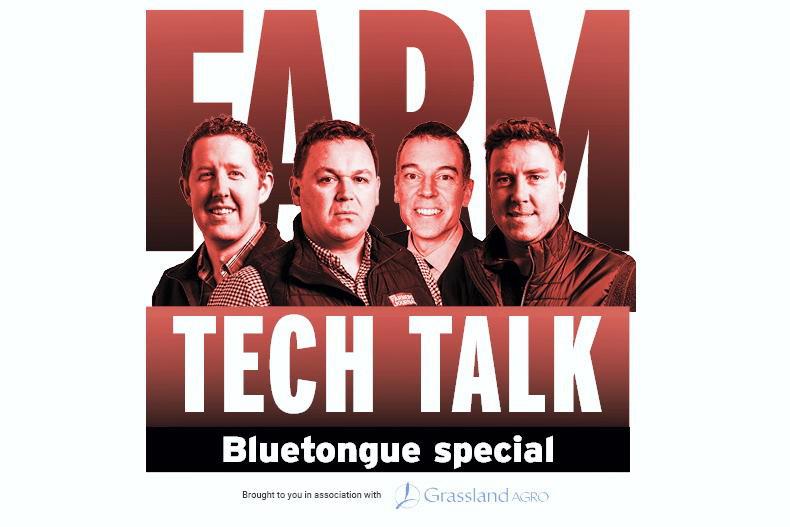
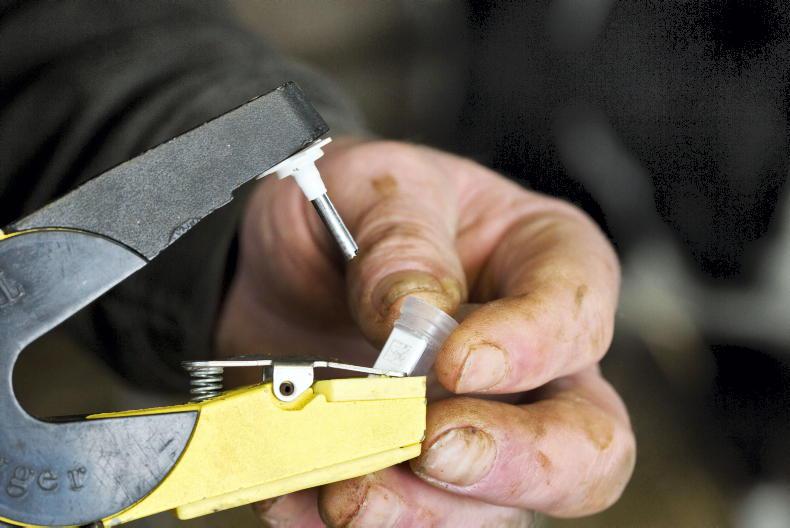
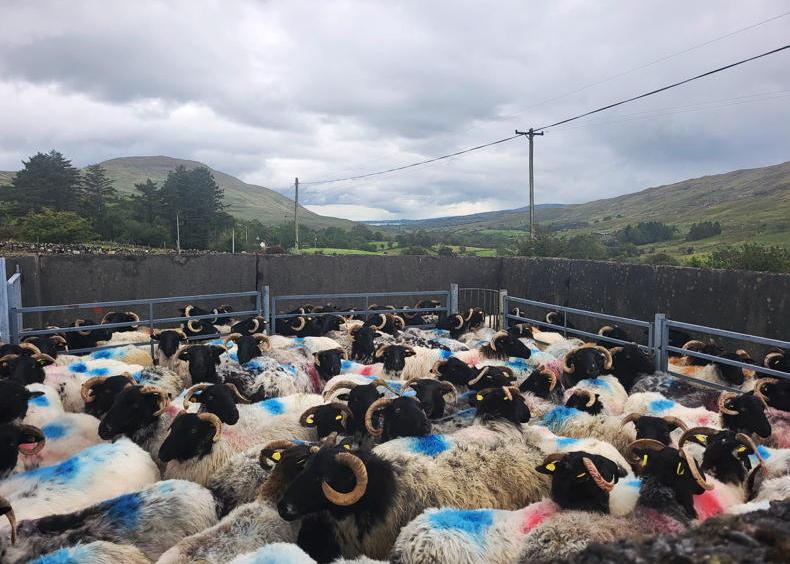
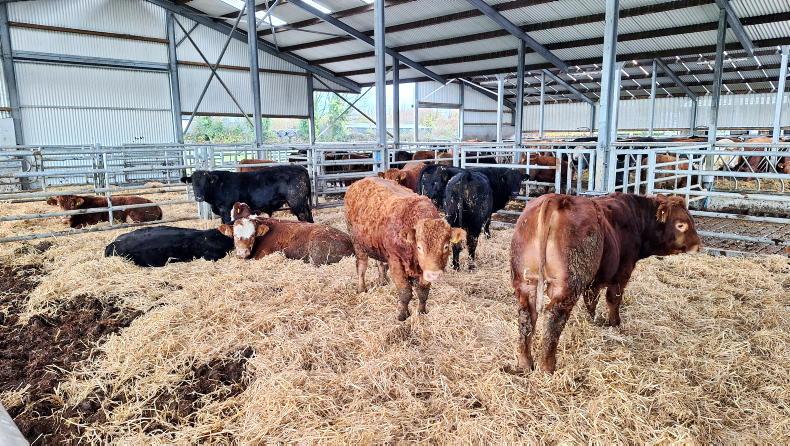
SHARING OPTIONS